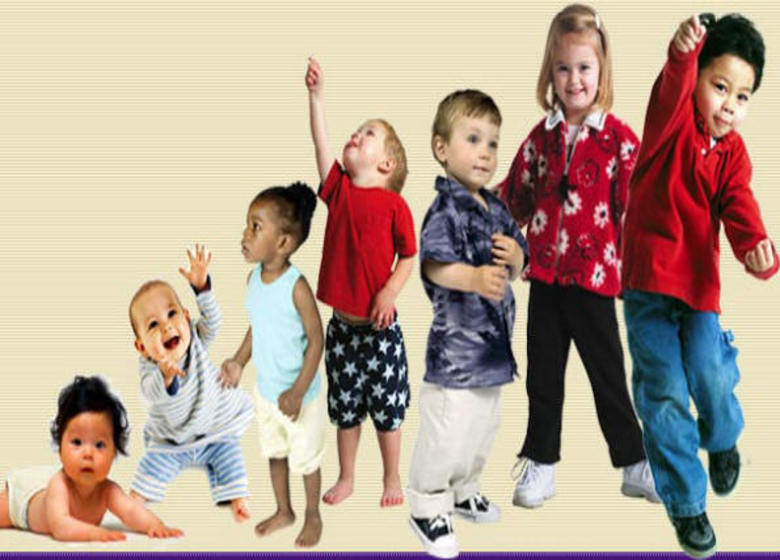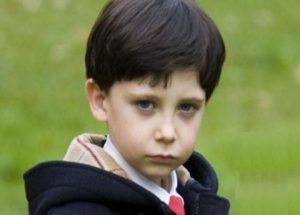Children rapidly change as they grow. Many of these modifications are physical. Other changes are cognitive, suggesting the changes are influencing how children think and learn. Child development also takes place in phases, where the majority of infants hit a certain age meeting particular developmental milestones. What are the five stages of child development? Read on to know.
What Are The 5 Stages Of Child Development?
There are 5 stages of child development that were separated depending on the children’s age and their advancement. Each of these phases has separate periods that require different approaches to parenting. You should be able to identify these mental, physical, and emotional characteristics in early childhood growth stages after you have read them once.
The phases of a child’s development are broadly defined as:
- Birth
- Baby Development
- Toddler Development
- Preschooler Development
- School-Aged Children Development
1. Birth
This stage of development occurs from birth until one month after the birth of the child. During this point, the infant shows a small amount of movement and motion. This stage ‘s principal attribute is that he learns to develop responses to any external stimulus.
The grasp reflex is one of the milestones of this point. The child will grasp whatever object is put in his hand. And when you’re holding your finger in his hand, he can reach for it and grab it. Another milestone is the response of the baby to any loud noises or unexpected movements.
Tips For Parents
- Your baby will start recognizing faces around him during this time. He starts cooing and babbling by the age of 2 to 4 months, so take note of the different sounds he makes during this developmental age.
- Slowly, he’ll learn how to improve his motor skills by raising his head while on his tummy. It is important that you can give babies at least twenty to thirty seconds of stomach time right after your second week and increase them slowly as they get older.
- He’ll also start exhibiting some reflexes, age like opening his mouth, turning his head when you stroke his cheeks, and trying to grab stuff you put in his hands.
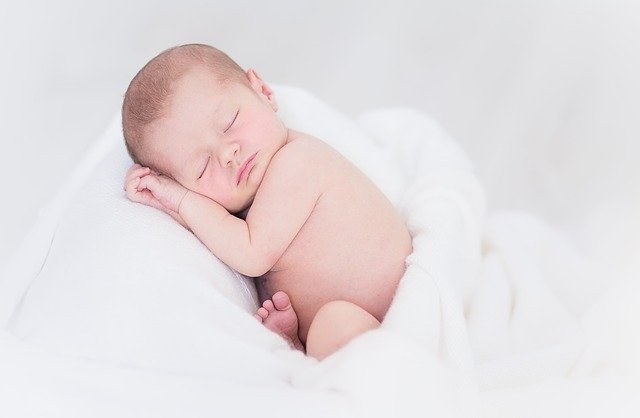
Image Source – Pixabay
2. Baby Development
This stage is from one to 12 months from the child’s birth. It is one of the most critical phases in child development. The child should demonstrate a lot of new skills in development. A child starts to run around anywhere between three and six months. Their head movements can be monitored. Their hands and legs start to play.
Six months on, babies also begin to respond by calling them on their behalf. Without aid, you sit up. And with support, they can stand up. You start babbling too. They start crawling after nine months. Even with their thumbs and fingers, they were dexterous. They can now pick up things with your thumbs.
Tips For Parents
- Now your baby is going to start to understand a bit more his body. He will begin to enhance his motor skills so that you can provide toys that improve sound, touch, and sight stimuli.
- He can also sit up when you advocate for him, but he might find it difficult to balance himself. Make sure that your core muscles are strengthened to support him.
- Your baby also will discover a desire to put stuff into his mouth, because at this point in life he starts dancing. Ensure that no harmful objects are given that he can insert into his mouth.
- He can understand names and other common words when he is at his 7-12 month level. Check to see if at this age he responds to those terms.
- Children love to be on the move at the end of this point, and they can almost sit alone. Your child will also continue to walk and develop strength in his legs, so try to support him.
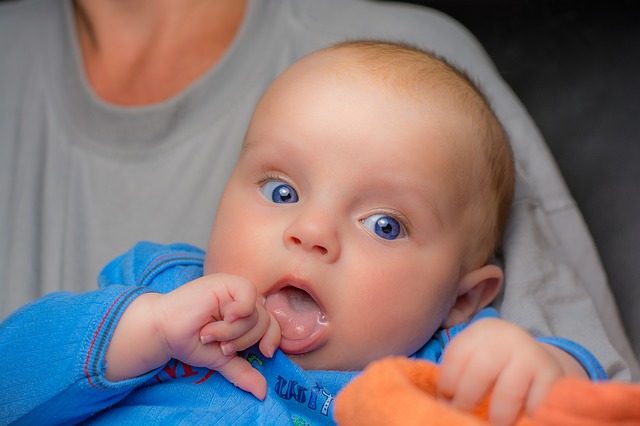
Image Source – Pixabay
3. Toddler Development
So kids between one and three years are what we call toddlers. The process begins when children can walk independently and so begin to learn their environment. In this phase, linguistic skills are developing significantly and kids can now convey their wishes. They know how to say no, too.
Emotional development and emotional control also occur in children in this stage. And it is important to instill routines in the child’s daily life in preparation for a visit to the school and to spend time outside their homes. The parents must also inspire a dinner and a bedtime routine and all similar ritualist behavior.
Tips For Parents
- Children at this age are starting to understand things like a sleeping schedule, so they feel relaxed. Make sure at this age you stick to a disciplined timing of putting your child in bed.
- As your child should be able to walk at this age fairly independently, you should look out if he walks or comes into contact with dangerous things.
- The little one may be uncomfortable, but now he will have good motor skills. Provide him at this point with bulky stationery such as fat crayons or building blocks to assist their cognitive and motor growth.
- Take some time out to talk to your child to improve their skills in speaking the language. He will start creating short sentences that might be a little incoherent, but he’ll improve with practice.
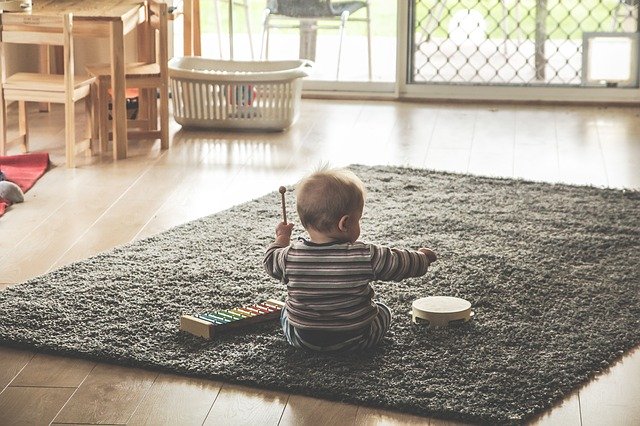
Image Source – Pixabay
4. Preschooler Development
This developmental period lasts about three and six years. It is the first time that the child gets into the formal learning world. And teachers begin to play a major role in the life of the child from this process onwards. It is the period when the child goes to kindergarten and preschool.
It’s the time a child learns fine motor skills. And they’re showing great interest in music, crafts, drawing and the like. I also show a tremendous development in the intellectual context. The basic math skills are developed and reading starts at the basic level.
Tips For Parents
- Kids at this age want to talk about everything under the sun and all. Hold your child talking and engage in his little conversations.
- Your child’s ability to read at this age. Have several books available to help them develop their skills in reading, imagination, and even pronunciation.
- Let your child also run around and do a much-needed workout, because he’s in an era where he has energy oodles!
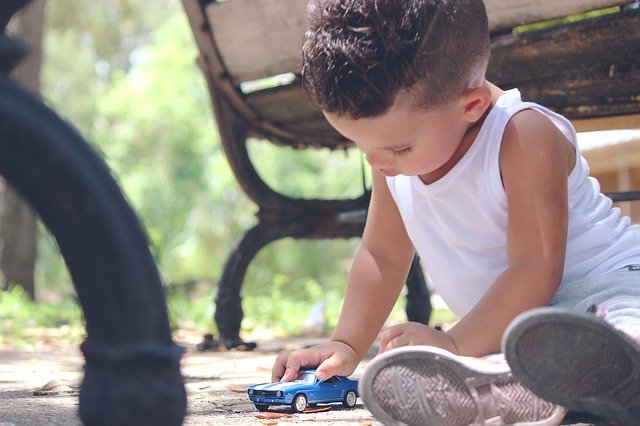
Image Source – Pixabay
5. School-Aged Children Development
Children are in the process of school-age growth from six years to twelve years. They ‘re in primary school this is the time. Children don’t need constant monitoring from this point on. They begin to assert their independence at home as well as in school.
At this point, the child’s emotional development is very important. Parents and teachers have a strong moral code to instill. We will encourage the child to make healthy decisions, and protect them from their environment’s adverse elements. It’s also necessary, though, to teach them to face the consequences of their acts. There is a delicate balance to be done by parents and teachers.
- Children at this age have improved their motor skills and energy to the max. You have to find ways of channeling energy! See if your kid is involved in sports, and make sure he gets regular exercise.
- At this age, your child will also begin to form peer relationships so make sure you ‘re interested in their social growth. When you think your child is having a hard time interacting with other people, be there to help him. At this point, children will receive emotional and mental support as they grow up!
- In the later part of this stage, your child will also begin to develop secondary sexual characteristics so keep an eye out for the same.
- Some children will begin to exhibit independence characteristics at this age, too. So long so your kid can take care of himself, you can start loosening the reigns a bit and encourage him to make his own choices.
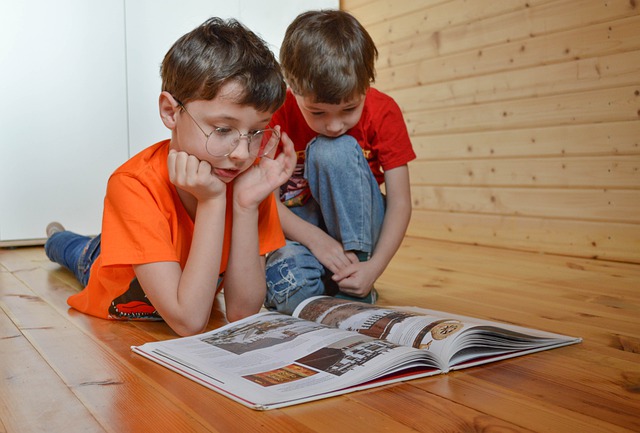
Image Source – Pixabay
And as we have shown, these are the 5 stages of child development. All parents and teachers have a significant role to play in a child’s growth and development. Knowing about stages of child growth and its features would go a long way towards ensuring this.
Also Read: Stages Of Cognitive Development In Kids



